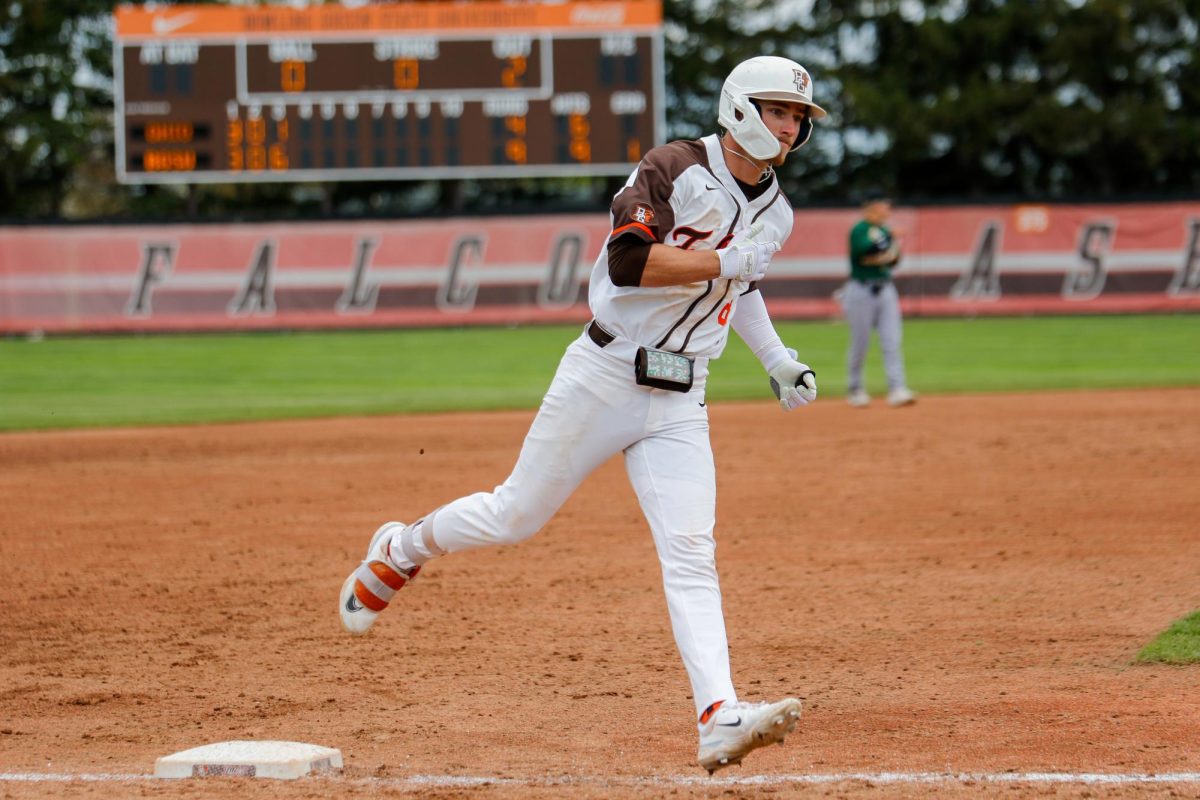Within the ecosystem of storing, sharing and advancing knowledge and skills, students possess a central position. Everything revolves around them. With approximately 18,000 students, Bowling Green State University is one such ecosystem with over 300 registered student organizations.
Student organizations in the university setting are the hubs for social transition and acculturation.
In my three years of being involved with several student organizations, I have acquired a fair amount of exposure to their inner workings and activities. In this article, I want to draw the reader’s attention to a potentially alarming trend. This trend pertains to the scarcity of candidates that contest for leadership positions in student organizations across the campus.
Involvement in at least one student organization is believed to increase the retention of students, mainly freshmen. Student organizations provide a sense of community for its members. They strengthen the voice and opinions of an individual student by providing constructive avenues for sharing and developing. It is difficult to elaborate the importance of student organizations in a university, but one should in no way undermine their significance.
With the establishment of a student organization comes the necessity of electing leaders. Leaders that can drive the organization to accomplish its mission and to make a commitment to uphold the University’s core values, foster shared governance, create a social safety net for the members and provide an agency for student voice. Along with all these responsibilities there are also several privileges that a student leader receives, which in its entirety makes the experience valuable.
Historically, the seats of power, responsibility and privileges have been contested with persistent force and zest. There are numerous incidents where individuals have gone to great lengths to acquire such seats of power. However, the trend observed at the University is quite the contrary and is therefore thought provoking. As an observer and an active thinker I not only make note of the trends and major shifts but also present them.
The two prominent student government bodies at the University, namely Graduate Student Senate and Undergraduate Student Government, elect their new leaders every year. Last year the chosen leaders were the only candidates that ran for the position. The candidates simply had no opposition.
Such instances of unopposed candidacy have also been observed in numerous other student organizations.
Student organizations like World Students Association, India Students Association, Latino Students Union, Latino Dance Association and some Greek chapters have seen the same phenomenon of single nominations.
I, myself, have gone through this process of singular nomination two years ago and was elected as the president of ISA. A cynic may feel that this increment in the disinterest in leadership positions is disconcerting but I feel that realistically too it is worth problematizing if not more.
In my conversation with select University members about the reasons for this scarcity of contesting candidates, interesting insights were revealed. The professional nature of the student organizations and the expectation to appear professional are daunting and expensive. Majority of the positions are unpaid and demand five to 40 hours of work every week.
Being a leader pushes individuals to come out of their shells and be outgoing, which for some can be exhausting. Students are either self-proclaimed over involved or under involved. This perceived polarization discourages them from applying for leadership positions. Due to the close ties with the higher administration and faculty, student leaders face estrangement.
All the above are the possible dissuading factors for the scarcity of candidates for leadership positions. Unfortunately, the trend points out a general apathy towards advocacy and governance. What it leads to is the University losing out an opportunity for furthering and fostering its vision, mission and core values through student organizations.
Students also lose out on precious opportunities of honing their leadership skills, which can be an important ingredient for success in life. Oddities in social trends, like these, communicate an aspect of shift in societal fabric that can have implications in the future.
Problematizing these shifts is a first step towards deconstruction and comprehension that will likely result in a proactive participation from students in applying for leadership positions.




















